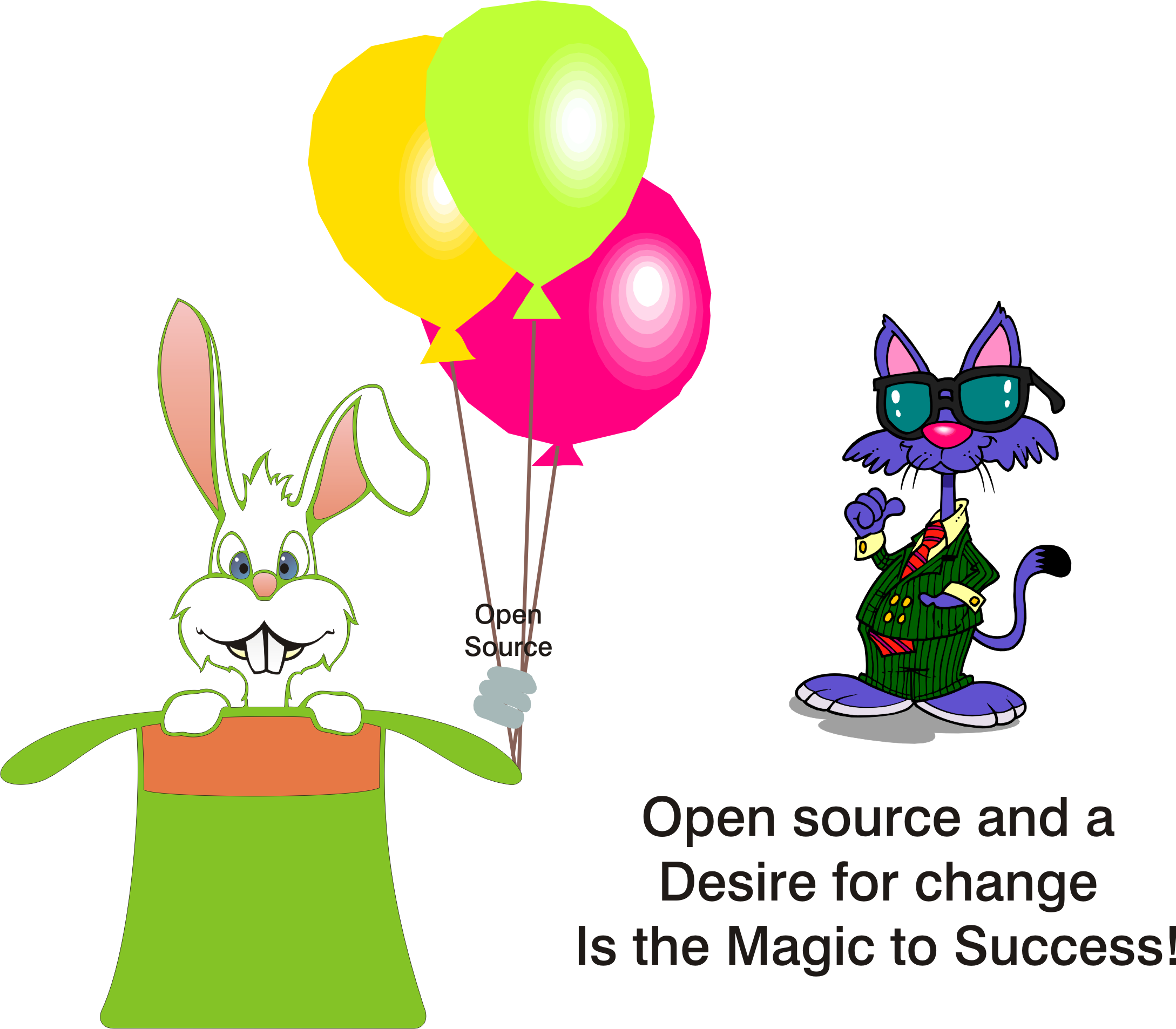The Fast and the Slow of it
Working with greenfield projects and startups offers insights not normally visible to those from traditional environments.

Patrick Collison's Fast list of people quickly accomplishing ambitious things together is a good example of what's possible.
It's useful taking a step back and looking at a few of them.
Fast Trains: TGV
It took just 1,975 days to open the Paris-Lyon line on 26 September 1981. Yet the San Francisco and Anaheim one is estimated to be 37 years.
Planning laws slow most infrastructure development, in Britain the Elizabeth line (originally Crossrail) was first proposed in 1941 and only recently (almost) completed.
China's state railways are among the busiest in the world and starting in early 2000s their high-speed rail reached 37,900 kilometres of dedicated lines, making it the longest HSR network in the world. It's speed of delivery and timely success is in large part thanks to political will.
People: Shenzhen
In one year, between 1998 and 1999, Shenzhen added 1 million residents (a 22% increase), growing from 4.4 million to 5.4 million people.
Shenzhen is one of the special economic zones of Guangdong China and its success can be summarised by attracting foreign direct investment and migrants. Dubbed China's Silicon Valley it's now among the top ten cities with the largest economies in the world.
Technology: Git
Linus Torvalds started working on Git on April 3 2005. It was self-hosting 4 days later. On April 20 2005, 17 days after work commenced, Linux 2.6.12-rc3 was publicly released with Git.
Concurrent Versions System replaced an earlier Revision Control System, and was in turn superseded by Subversion, Mercurial and numerous others. Although many still exist, it's Git in the form of GitHub, GitLab and others that most of us use today.
Observations
Being first doesn't guarantee success, it only offers an opportunity and a head start before regulation and competition take effect.
There are many special economic zones across the world, few succeed as spectacularly as Shenzhen. All zones can be effective if they bring focus, investment, ideas and people.
As I use git on a daily basis I'm perhaps too close to comment on why it's more widely used than others, but the earliest version-control software had deficiencies that needed addressing, and subsequent projects added features leading to the services we use today. Many open source projects are under active development because they fill a need.
Experimenting and sharing what works increases our body of knowledge. As Sir Isaac Newton put it: "if I have seen further than others, it is by standing on the shoulders of giants."